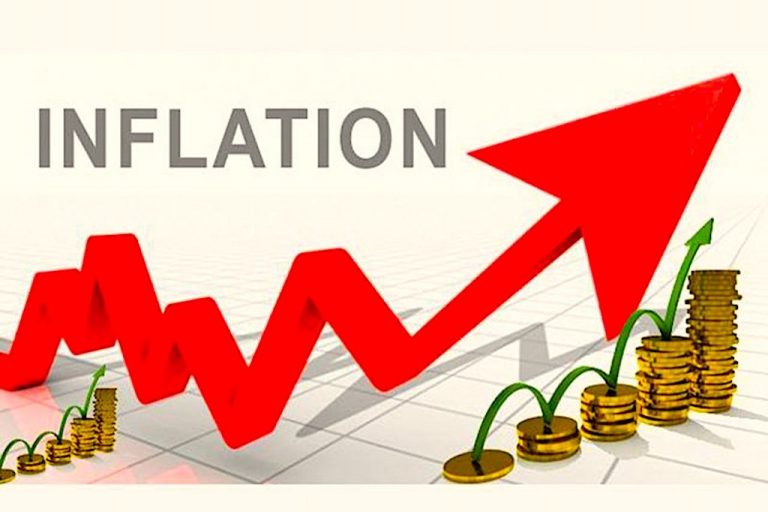The curious task of economics is to demonstrate to men how little they really know about what they imagine they can design” Friedrich August von Hayek.
Though Nigeria is weathering one of its toughest economic storms in recent history, she can emerge stronger and overcome her current woes, laying the groundwork for a future where the economy works for all its citizens.
Thomas Malthus once said; “the power of population is indefinitely greater than the power in the earth to produce subsistence for man”, showing that a country with a population of 223.8 million people as of 2023 has a huge potential power that could be mobilized into economic renewal.
With inflation soaring above 25% in 2024, ordinary citizens face an unprecedented cost-of-living crisis. Prices for food, transportation, and basic services have skyrocketed, straining household budgets and pushing millions into poverty.
Much of this economic strain stems from structural challenges, such as the removal of fuel subsidies, exchange rate instability, and heavy reliance on imports. While the present hardships are undeniable, this moment does not signify the end of Nigeria’s economic viability. Instead, it offers a rare opportunity to rebuild with resilience. The challenges are deeply intertwined. The subsidy removal, although essential to reduce fiscal pressure, has amplified inflationary pressures, especially in transportation and food costs. At the same time, the naira’s volatility has made foreign transactions more expensive, leaving import-dependent businesses grappling with reduced profits. These dynamics, compounded by sluggish economic diversification, have exposed vulnerabilities in Nigeria’s policy framework and underscored the urgent need for reform.
However, history shows economies have risen from worse crises with targeted strategies and resolute governance, a path Nigeria must now follow. To navigate this economic quagmire, Nigeria needs a multi-faceted approach. Stabilizing the naira through consistent and transparent foreign exchange policies would be a crucial first step, as it would restore investor confidence and reduce speculative pressures. Investing in agriculture could also play a pivotal role, enhancing food security while creating jobs and reducing import dependency. Social welfare measures like direct cash transfers to vulnerable households would provide immediate relief, while long-term investments in education, healthcare, and infrastructure could foster human capital development and sustainable growth. Economic diversification into sectors like technology and renewable energy would reduce reliance on oil revenues, insulating the country from external shocks.
While the road to recovery is fraught with challenges and will be long and arduous, this crisis could serve as a turning point as it is not devoid of opportunities. Inflation, though a formidable adversary, is not insurmountable. With prudent economic management, sound policies, strategic investments, transparency in governance, and a commitment to inclusive growth, Nigeria can emerge stronger and overcome its current woes, laying the groundwork for a future where the economy works for all its citizens.
High inflation is not the end but rather a call to action—transforming the current crisis into a catalyst for economic renewal.
We must be willing to fight and persevere, following the words of Ngozi Okonjo-Iweala who said “When it comes to doing my job, I keep my ego in my handbag”. In this quest, Technology can also be of great help, but as Muhammad Yunus said; “While technology is important, it’s what we do with it that truly matters”.
– Ojo writes from Abuja
